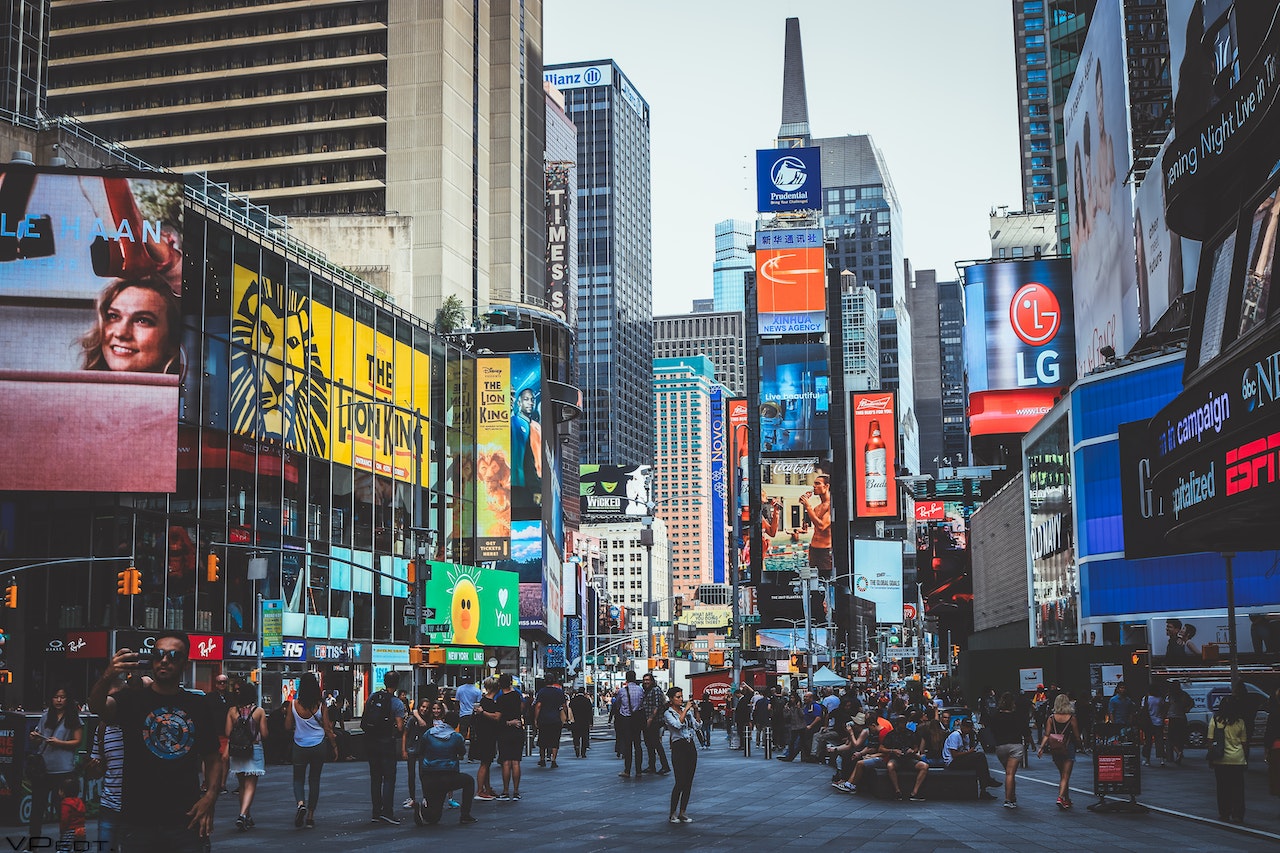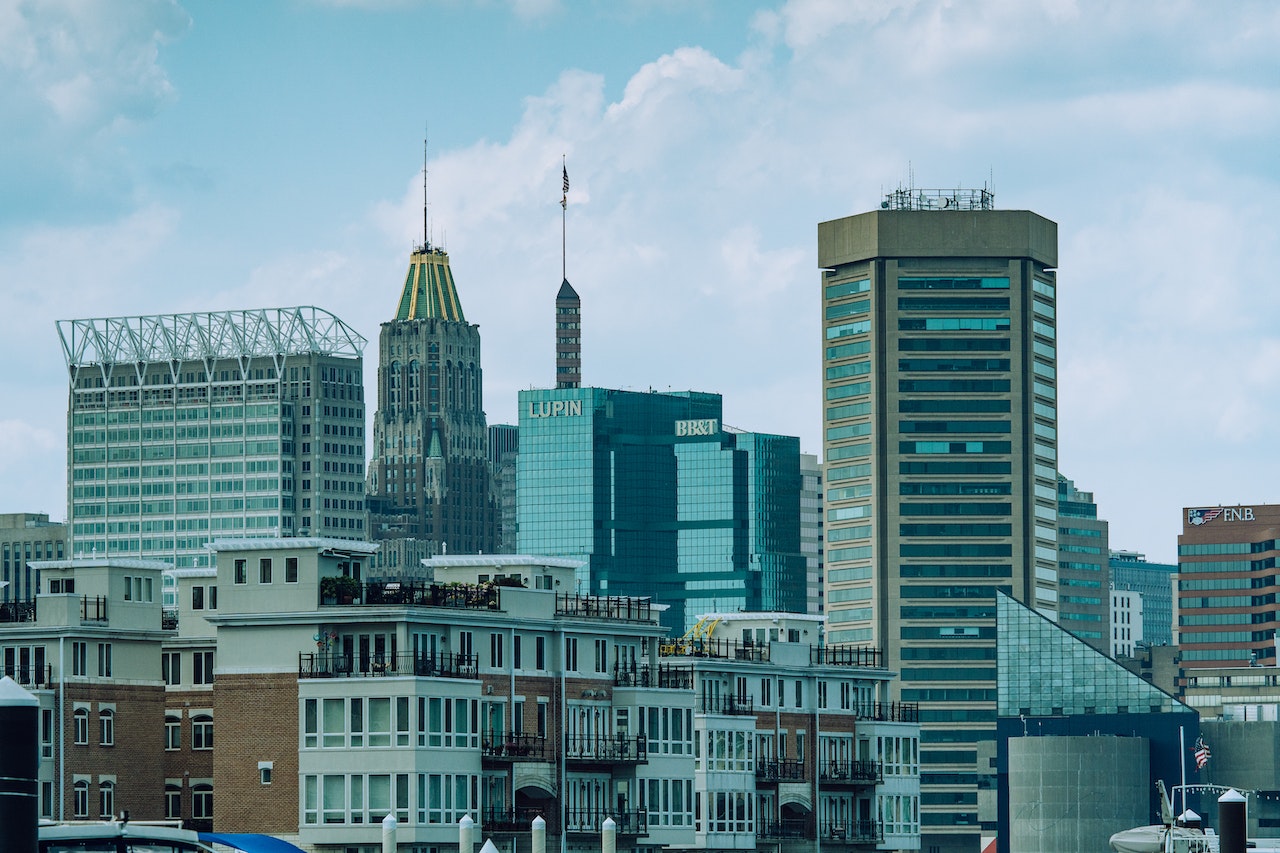Your team has determined your mockups look great! The new concepts are ready for the evaluation phase. Research needs to be done, but what are the best cities for market research? Here are a few factors to consider:
Reflective Demographics
- Everything isn’t meant for everyone. A major factor: where does the target audience reside? When selecting the cities where the target audience lives, be sure to conduct your own search into the basic demographics of the geography. Demographic factors like age, average household income, education, and ethnicity are important. Psychographics, such as political stance, attitudes about the category, impact the research. The geography where research is conducted should reflect your ideal customer.
Cost
- Just like everything else, research costs vary depending on location. Some large cities like Los Angeles may be tempting, but the luxury boutique market research facility at the heart of downtown comes at a cost. While the whole team traveling to each city for the research is increasingly rare, the costs to transport and provide hotels even for a small portion of your team may add up. Large cities may be tempting, but you may sacrifice the quantity of focus groups that you could have held elsewhere.
Some research calls for assessment of multiple cities. Some areas of the country, such as along the I-95 Corridor are known as “Megaregions” and can give you the ability to test several large markets without breaking the bank on travel.

Capability
- There are not many farmers in New York City, so it will not benefit the concept conducting research on new agricultural equipment at the office in Mid-Town Manhattan. While demographics may generally align, be sure to do your homework and investigate the surrounding areas to be sure that the target audience is prevalent and recruitment is feasible.
There are several aspects to consider when selecting your focus group facility. Different methods of research call for different aspects of a facility. If the end-client for research is overseas, a facility with streaming capabilities may be a necessity. Or if you’re speaking with respondents in wheelchairs, verify the facility is properly ADA accessible.
While some respondent drop-out is an inevitability (flat tires, sick children), the recruitment and coordination teams’ efforts should be focused on show rates, all the time!
To prevent alienating your respondents before they even set foot in the room, the facility you select should be accessible and easy to locate. Factors like on-site parking, distance from a bus route, and distance from respondents’ homes should be noted.
Timing
- While New Orleans is said to be a great time in February, it isn’t a great time for research. Local events (like Mardi Gras) can overwhelm a city and cause undue burden on both respondents and researchers. Weather is another factor to consider when selecting the best city for you to research. Research scheduled during hurricane season in Orlando, FL or winter in Buffalo, NY may need some back up dates just in case.
Not only can timing effect the logistics of your research, but recency bias may alter current opinions and beliefs. For example, respondents may feel more passionately about politics during a local voting season, or they may feel more willing to purchase your impulsive product during a strong economic period.
Best Cities for Research
Baltimore, MD
- Baltimore is home to several major brands such as Under Armour, Stanley Black & Decker, T.Rowe Price and major government organizations like the Social Security Administration and the Center for Medicare and Medicaid Services. With a population of 2.8 million, Baltimore is the 20th largest metropolitan area.
Baltimore’s largest differentiator is the high-level healthcare systems throughout. Home to John’s Hopkins Medicine, the University of Maryland Medical Center, and Medstar Health, Baltimore is circled on many healthcare researchers’ check list.

Houston, TX
- Houston holds more than 5,000 energy related firms and is considered by some to be the “Energy Capital of the World”. Despite being the 5th largest metropolitan area, it’s estimated GDP of $517.4 billion makes it the 4th largest metro economy in the country.
Houston’s large Hispanic population gives it a unique edge with a segment that is widely known to be harder to capture. With 62% of their population under the age of 44, Houston is a great stop for research requiring Millennials or Gen Z respondents.
Ashville, NC
- With an economy of $20 billion and a steadily growing population, Ashville is quickly becoming a hotspot for market researchers and the general public. Ashville’s unique population closely reflects the nation as a whole on a much smaller scale, making it perfect for companies considering distributing their product nationally.
Ranked as the 7th fastest growing tech hub in the nation by LinkedIn and a top 25 place to retire in 2022, Ashville can provide a myriad of unique segments in without breaking the bank.
Philadelphia, PA
- Philadelphia boasts a massive economy of $450 billion. Similar to Baltimore, Philadelphia’s central location on the i-95 corridor is within a 1-day drive of 40% of the population. The Greater Philadelphia area has an incredibly diverse population of 6.5 million.
Selecting the market you wish to research can make or break the quality of your research, and the best city for your market research may depend on the concept. Always do background research on the market prior to booking flights to prevent any unnecessary burdens that may arise later. Always select the geography that allows the project to be successful!
